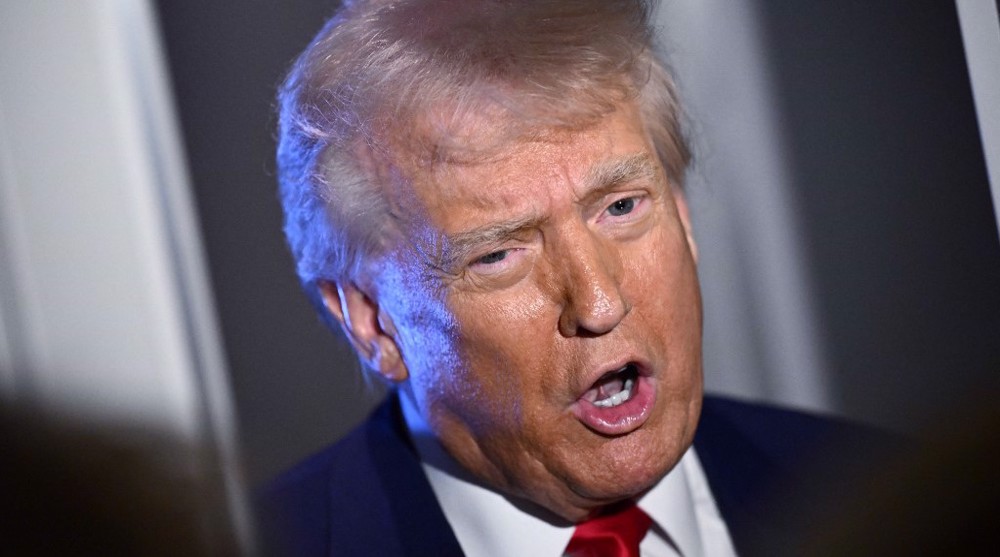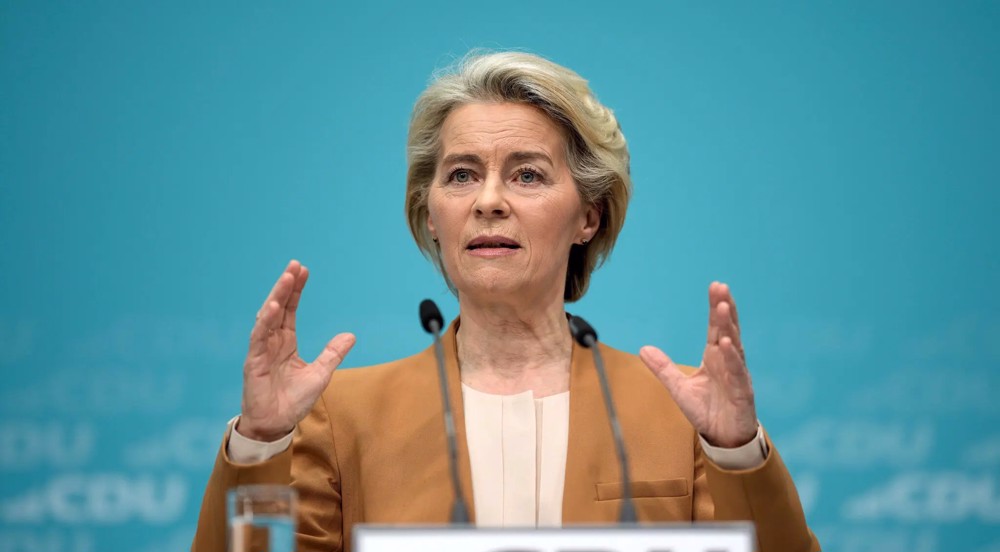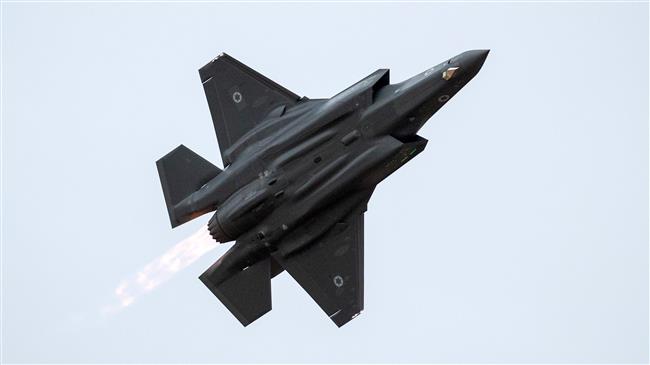Italy’s pro-Moscow government unnerves NATO
Italy’s new pro-Moscow government has caused cracks in NATO as the US-led military alliance is seeking further measures to deter what it calls the Russian threat.
Italian Deputy Prime Minister Luigi Di Maio said on Thursday that his administration “will not be spineless and yielding to the will of other states” after NATO Secretary General Jens Stoltenberg warned Rome that the anti-Russian economic sanctions are important.
Di Maio said he had no intention to conduct a “yes sir” diplomacy.
Italy’s new populist government says it plans to forge closer ties with Russia and to overturn sanctions imposed after the 2014 Ukraine crisis.
Prime Minister Giuseppe Conte said Italy remained a US ally and a NATO member, but “will support an opening towards Russia as sanctions are damaging Italy’s economy.”
US Ambassador to NATO Kay Bailey Hutchinson warned Italy that “the sanctions must be maintained until Russia changes its behavior”, otherwise “it would be a very bad signal to send to Moscow”.
NATO leaders agree to boost security
Stoltenberg, meanwhile, tried to keep a stiff upper lip as he praised the "unity" of the military alliance’s members despite what he described as “differences” over certain issues.
At a press conference in Brussels on Thursday, he said, “We have to stay united, especially when we see that Russia tries to divide us.”
Stoltenberg told reporters that they had agreed on a plan to “take further steps to strengthen our shared security and boost defense and deterrence against threats from any direction.”

The NATO chief said that many “defense ministers agreed a plan to protect the North Atlantic against increased Russian naval strength."
Under the plan by 2020, the alliance will move troops more quickly across Europe and have more combat-ready battalions, ships and planes. It will deploy 30 troop battalions, 30 squadrons of aircraft and 30 warships to any European crisis within 30 days.
On Thursday, Russian president Vladimir Putin said that his country has developed new “Avant-garde” hyper-sonic intercontinental ballistic missiles (ICBM) that are capable of traveling over 20 times faster than sound.
"I don't think other countries will develop such a weapon in the coming years ... we already have it,” Putin said during an annual televised phone-in with the Russian public.
Relations between NATO and Russia have been strained since a conflict erupted in eastern Ukraine some four years ago.
The EU accuses Russia of violating EU-brokered peace deals, known as Minsk agreements, in eastern Ukraine, where there has been an armed conflict between the ethnic Russian-speaking population and the Ukrainian government since 2014.
The conflict first erupted in eastern Ukraine after people in the Black Sea peninsula of Crimea voted in a referendum for unification with Russia in March 2014.
The West brands the move as annexation of the territory by Moscow. They also accuse Russia of having a major hand in the armed conflict that erupted shortly afterwards in eastern Ukraine. Moscow, however, denies the charges.

Negative impact of Trump tariffs on UK economy

EU calls Trump tariffs ‘major blow to world economy’ as China vows retaliation

Trump targeting Ukraine's mineral wealth
Britain urges Israel to respect Syria’s borders, prioritize diplomacy
Israel assaults trigger biggest West Bank displacement since 1967: UNRWA
‘No land for children’: UN says Israel kills or wounds 100 children in Gaza each day
VIDEO | British Medical Association cancels pro-Palestinian doctor’s speech
Trump admin. to freeze Brown grants, impose Harvard restrictions over pro-Palestinian protests
VIDEO | Yarmouk demonstrations condemn Israeli attacks on Syria, Palestine
VIDEO | Indian parliament approves controversial Muslim Waqf law
Yemen's army targets Tel Aviv, downs Giant Shark F360 drone in Sa’daa amid Israel’s genocide in Gaza









 This makes it easy to access the Press TV website
This makes it easy to access the Press TV website